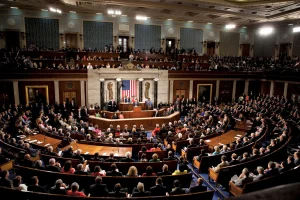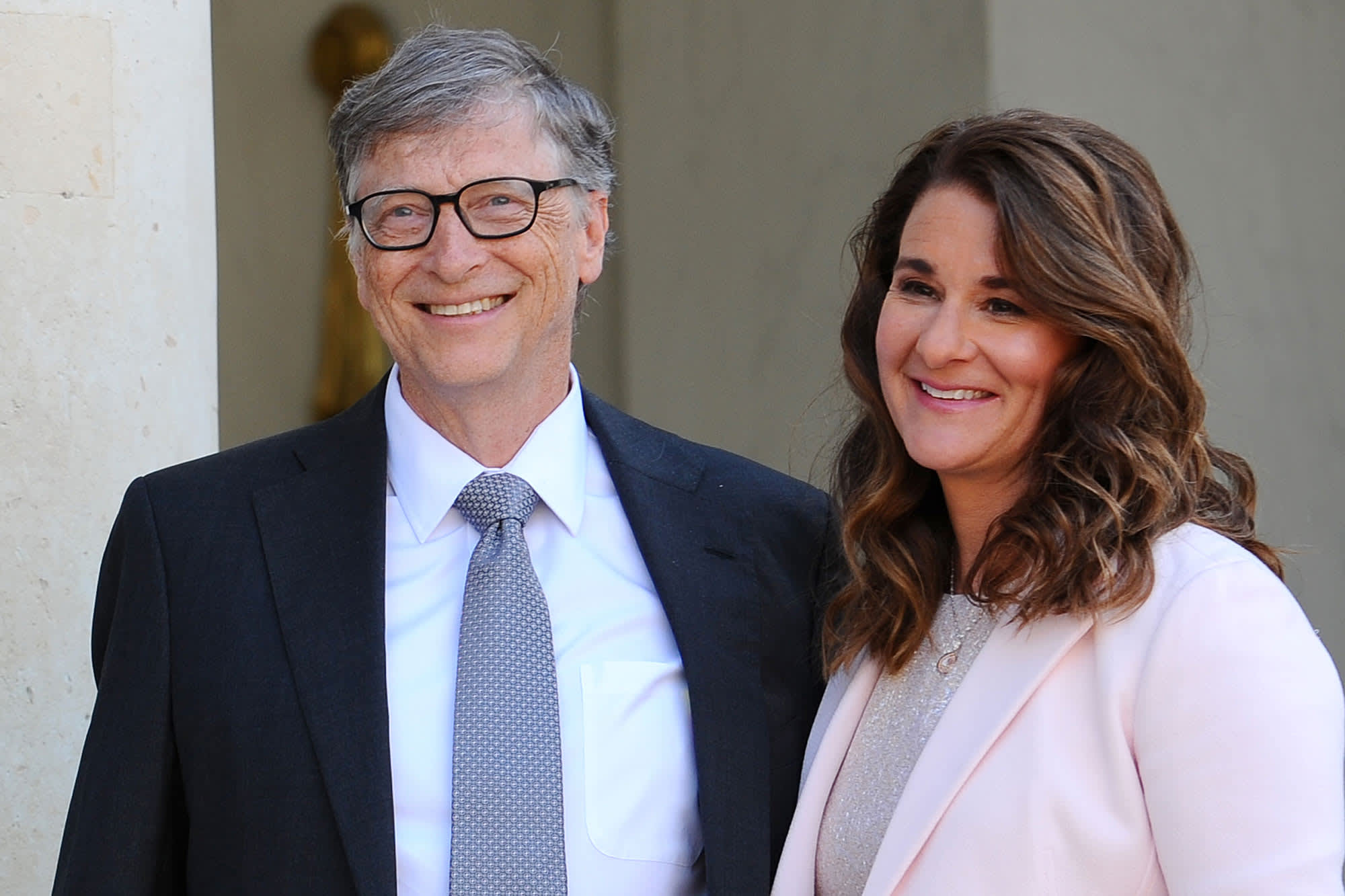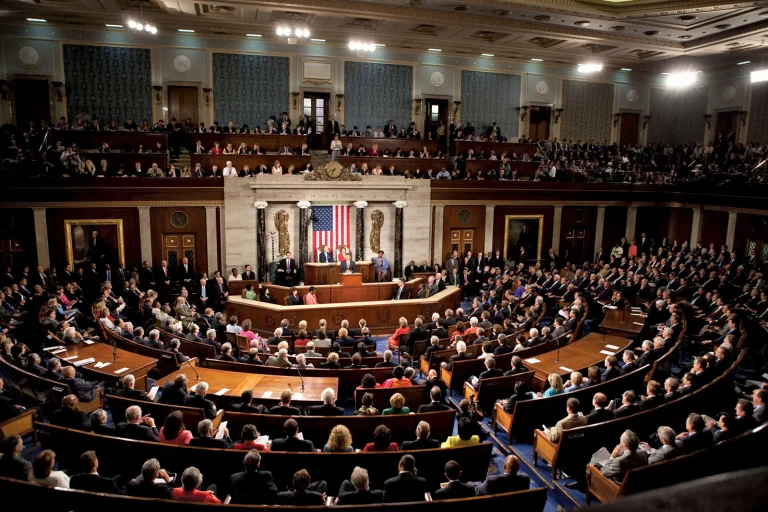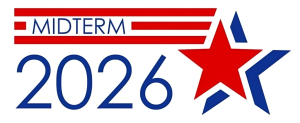Newly released documents have shed additional light on the long-discussed connection between Bill Gates and the late financier Jeffrey Epstein, offering a more detailed look at how the relationship created friction within the Gates household and influenced decisions inside one of the world’s most influential philanthropic networks. The recently disclosed communications, including text messages exchanged between Epstein and an adviser to Gates, present a picture of a strained dynamic in which Melinda French Gates played a decisive and ultimately prohibitive role.
The text messages, which surfaced as part of a broader release of Epstein-related records, center on a 2017 effort by Epstein to persuade Gates to participate in a philanthropic structure he hoped to help establish. Epstein had proposed creating a charitable, donor-advised fund that would give him a degree of involvement in managing or directing high-value donations. For a period, Gates appeared open to at least listening to the concept. But according to the messages released, the plans stalled largely because Melinda French Gates made her objections clear.
In one of the exchanges, Gates’s adviser informed Epstein that Gates “wanted to talk” but that “his wife won’t let him.” In subsequent messages, the adviser added that Gates still held a positive opinion of Epstein personally, describing him as someone Gates “loves” and “feels bad” about stepping away from. The adviser added that Gates thought Epstein’s proposal was “a great idea” but concluded that the project would not move forward because Melinda did not approve.
For Epstein, these messages offered an opening. Rather than backing away, he attempted to find ways to mitigate Melinda’s concerns. According to the communications, he even suggested arranging a meeting between Melinda and a prominent former government lawyer—someone he believed could help “explain the other side” of his reputation. No such meeting ever took place, and by late 2017 the proposed venture had faded.
These revelations are noteworthy not only for what they say about the relationship between Gates and Epstein, but also for how clearly they echo public statements Melinda French Gates has made in recent years. She has openly said that she disliked Bill’s meetings with Epstein, that she expressed her concerns directly to her husband, and that she encountered Epstein personally only once. That single meeting left her with a deeply negative impression—so negative, she has said, that she regretted stepping into the same room with him. In interviews following the couple’s divorce, she described Epstein as “evil personified” and said she found his demeanor disturbing.
Bill Gates, by contrast, has spoken publicly about his meetings with Epstein in terms of regret and miscalculation. He has repeatedly stated that meeting Epstein was a major mistake and that he was wrong to believe that Epstein might be helpful in raising money for global health initiatives. Gates has acknowledged that he overestimated what Epstein could contribute and underestimated the reputational harm of the association. In hindsight, he has said he made a “serious error in judgment.”
The newly released messages highlight a period in which Epstein continued trying to maintain influence over Gates’s philanthropic vision. At the time, Epstein often portrayed himself as a connector of powerful individuals, someone who could bring major donors together to fund large-scale scientific or humanitarian projects. The texts indicate that he hoped Gates’s participation in a new fund would help bolster his standing in those circles. Even after Melinda’s objections became clear, Epstein continued sending messages through Gates’s adviser, attempting to revive the idea or spark new avenues of collaboration.
While the released messages are limited in number, they provide a clearer window into the type of overtures Epstein frequently made to leaders in business, politics, and philanthropy. Despite his legal history and criminal convictions, he attempted to remain embedded in elite networks, using his social connections and persuasive manner to stay relevant. In many cases, he sought to link himself to individuals whose reputations far surpassed his own, believing that their association would serve his personal aims.
The Gates-Epstein communications also take on added significance when viewed through the lens of the Gateses’ eventual divorce. Bill and Melinda Gates announced their separation in 2021 after 27 years of marriage, and while both emphasized their shared commitment to continuing their philanthropic work, Melinda has made it clear that Bill’s association with Epstein contributed to her concerns during the later years of their marriage. Reports at the time indicated that she began speaking with divorce lawyers as early as 2019, around the same period when Epstein’s connections with high-profile individuals became the subject of renewed media scrutiny.
Though the Gateses have not publicly listed Epstein as the sole or primary cause of their split, the newly released messages underscore how deeply unwelcome Epstein’s presence had been in Melinda’s eyes and how firmly she opposed any involvement between him and her husband. When paired with her public statements, the messages reinforce what many observers already believed: that Epstein’s attempts to position himself within the Gates philanthropic universe were not merely uncomfortable for Melinda, but actively damaging to the trust within the marriage.
The broader release of Epstein-related documents, of which these messages are only a small fraction, comes at a time when government officials have committed to increasing transparency around Epstein’s dealings and network. In a major development, the Epstein Files Transparency Act was recently signed into law, requiring the Department of Justice to make unclassified records related to Epstein publicly available within a specified timeframe. The act passed Congress with near-unanimous bipartisan support, reflecting a wide belief that the full extent of Epstein’s connections and activities should be accessible to the public.
Under the law, the Department of Justice must release a large set of materials—including investigative files, communications, and documents associated with Epstein and his longtime associate Ghislaine Maxwell—in an organized, searchable format. The goal is to create the most comprehensive accounting to date of Epstein’s network, while ensuring that identifying information about victims remains redacted. The promise of further disclosures has fueled expectations that additional revelations involving prominent figures may surface in the weeks and months ahead.
For Bill Gates, the latest messages add to an already complicated chapter of public scrutiny. Although the relationship with Epstein was not secret, the fine-grained details of how Epstein attempted to influence Gates—and how Melinda worked to prevent it—had not been fully visible before the recent releases. The new material suggests a degree of persistence on Epstein’s part and highlights the lengths he was willing to go in order to maintain proximity to individuals of global influence.
For Melinda French Gates, the disclosures reinforce the seriousness of the concerns she has expressed publicly. They portray her not as a passive observer but as someone who actively intervened to protect her family, her values, and the integrity of the philanthropic mission she spent decades shaping. Her objections were firm enough that they derailed Epstein’s proposed venture entirely and contributed to a broader reevaluation of Epstein’s place in the Gateses’ lives.
Looking ahead, the continued release of unclassified Epstein documents is likely to prompt further discussion about how the financier infiltrated so many sectors of power and why individuals who otherwise operated with caution were nonetheless drawn into his orbit. The Gates-Epstein messages demonstrate that even among highly sophisticated figures with global reach, Epstein was sometimes able to leverage charm, persistence, and strategic promises to embed himself where he was not wanted.
Yet the same messages also reveal the limits of that influence. In this case, Epstein’s efforts were blocked—not by institutional policy or professional caution, but by the clear and unwavering objections of Melinda French Gates. Her stance, and the eventual cessation of contact between Epstein and her husband, underscore the impact one person’s judgment can have even amid the complex dynamics of wealth, philanthropy, and global power.

James Jenkins is a celebrated Pulitzer Prize-winning author whose work has reshaped the way readers think about social justice and human rights in America. Raised in Atlanta, Georgia, James grew up in a community that instilled in him both resilience and a strong sense of responsibility toward others. After studying political science and creative writing at Howard University, he worked as a journalist covering civil rights issues before dedicating himself fully to fiction. His novels are known for their sharp, empathetic portraits of marginalized communities and for weaving personal stories with broader political realities. Jenkins’s breakout novel, Shadows of Freedom, won national acclaim for its unflinching look at systemic inequality, while his more recent works explore themes of identity, resilience, and the fight for dignity in the face of oppression. Beyond his novels, James is an active public speaker, lecturing at universities and participating in nonprofit initiatives that support literacy and community empowerment. He believes that storytelling is a way to preserve history and inspire change. When not writing, James enjoys jazz music, mentoring young writers, and traveling with his family to explore cultures and stories around the world.









